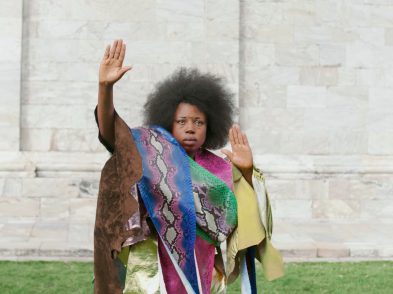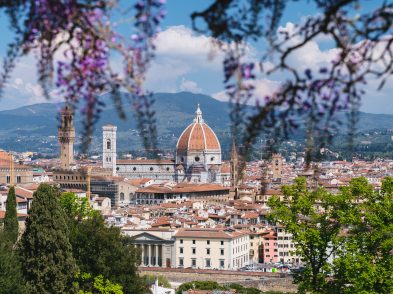Postcolonial Italy is a collaborative project that collects material legacies of Italian colonialism present in cities. It takes the form of an interactive map that locates and explains the significance of colonial traces in the public space. On the occasion of Black History Month Florence, Postcolonial Italy launches a self-guided tour “Uncovering Italian Colonial Pasts: Florence”. This walking tour, available for free download, offers Florence’s inhabitants a less-known, yet crucial, narrative of Italian history.
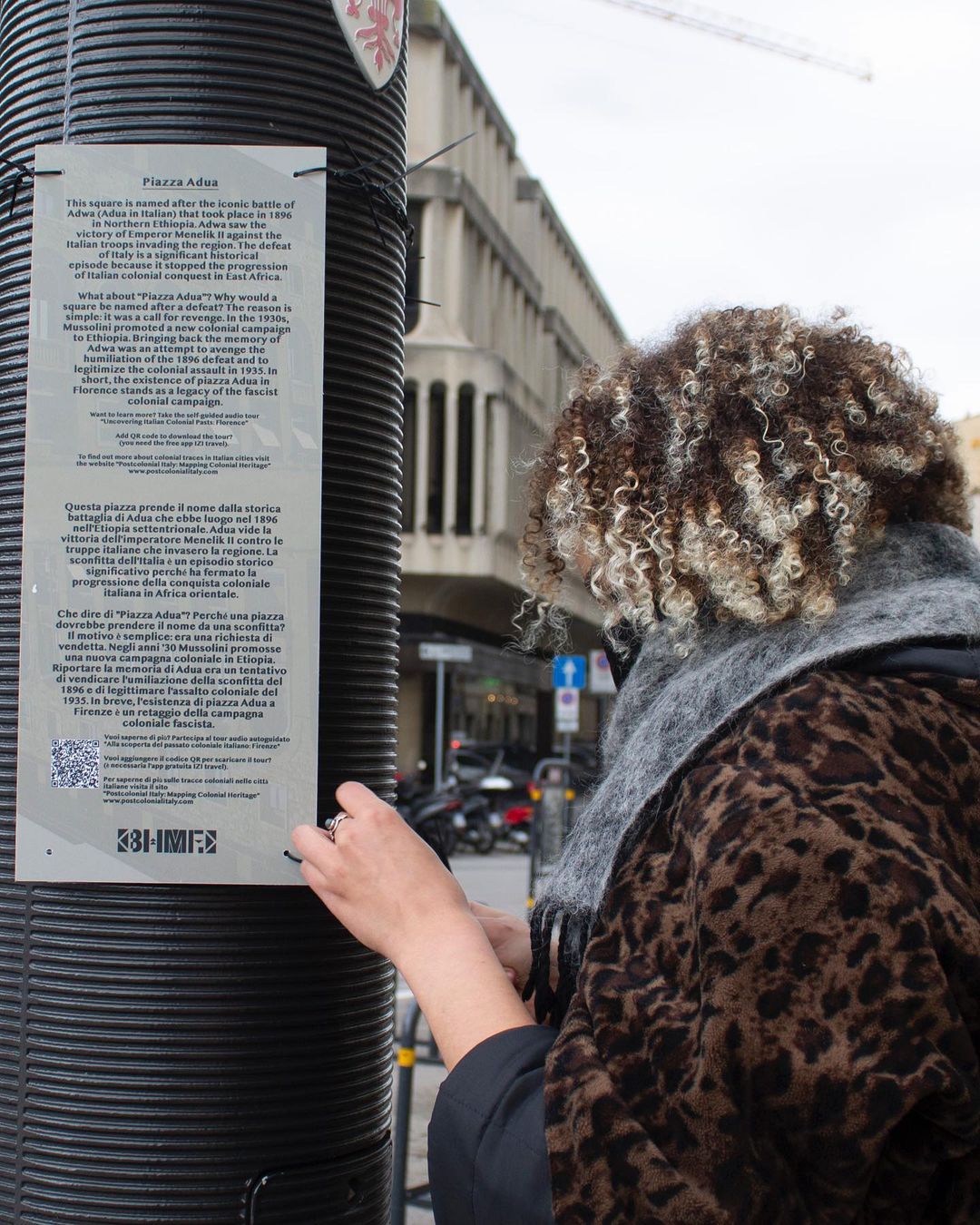
It all began in late 2018, the day a historian colleague Markus made me notice that some places in Florence seemed to be linked to Italian colonial past. A piazza Adua located in front of Santa Maria Novella station? Was it really named after the iconic battle of Adwa that opposed the Italian troops to the Ethiopians in 1896? The idea that colonial traces were hidden within the city of the Renaissance was intriguing to me. Soon it almost became a searching game: how many streets named after colonial heroes could we find? How many monuments commemorating colonial wars? How many racist advertisements inherited from this period were still on display in cafés? The collection of material traces of Italian colonialism in Florence was surprisingly fruitful and it appeared that the findings of this research would benefit to be shared.
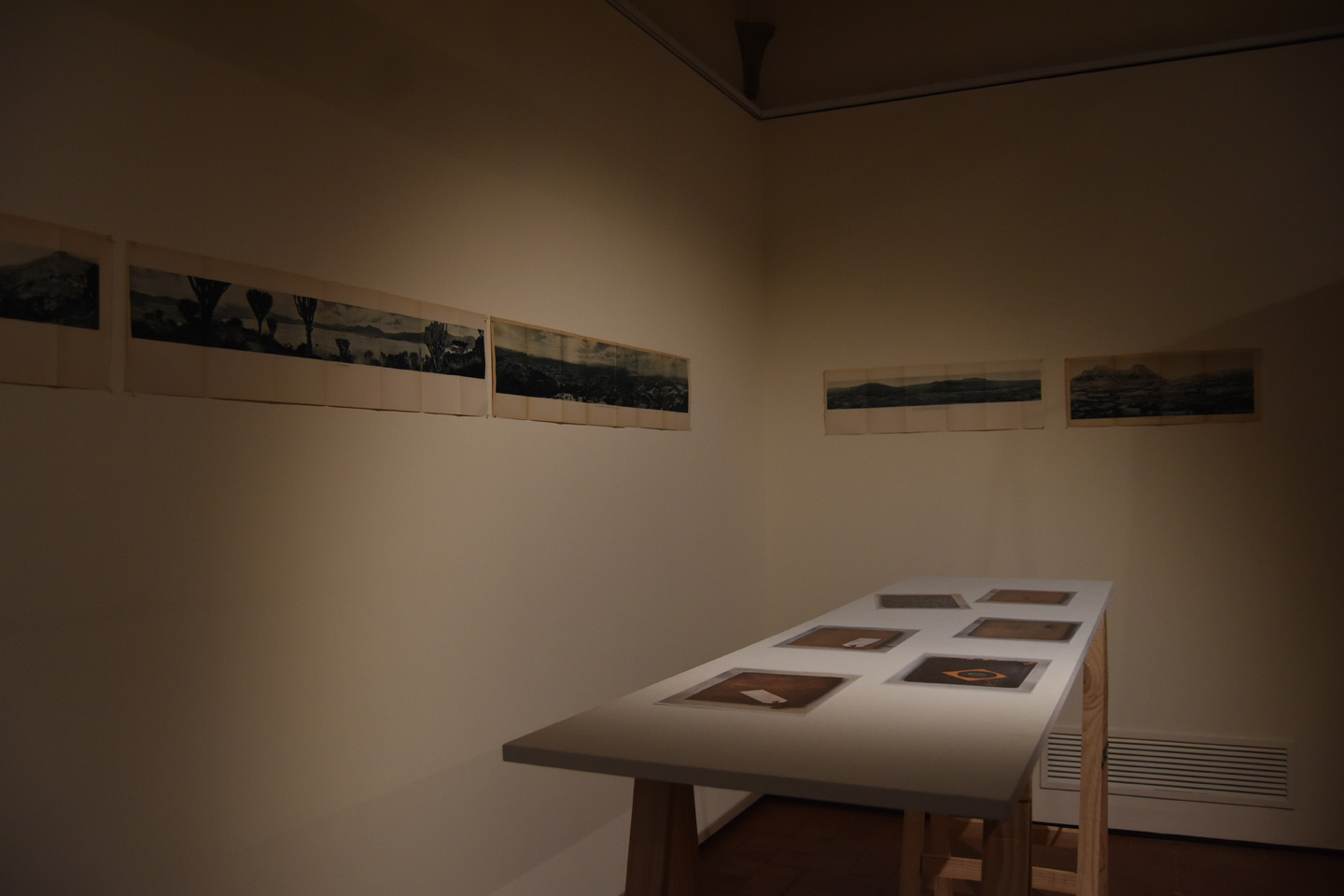
Black Archive Alliance II. Murate Art District
We first organised an unpretentious guided tour for colleagues at the university, but the quantity of sites that we had found could by no means entirely be included in a coherent route. This is how the idea of marking physical locations on a digital map, which would be available online and accessible to a large audience, emerged for us. These material legacies are not just geographically captured; they are also historically contextualised. The project quickly attracted the attention of researchers in other cities. Through an ongoing collaboration, the map was extended to the cities of Venice, Bolzano, Turin, Rome, and so forth. We continue to receive new contributions.
The aim of the project was clear from the start: making visible Italian colonial heritage as a way to trigger a public debate about Italy’s silenced colonial past. Indeed, Italian colonial history is often thought of as trivial or not worth mentioning. But, in fact, from the late nineteenth century to the Second World War, the Italian Kingdom competed with other European powers in the colonial race. It invaded Eritrea, Somalia before taking possession of Libya and occupying the Dodecanese Islands. Although the Italian colonial empire was of short duration and less spread than the French or the British, the fact remains that hundreds of thousands lost their lives because of it, and many more suffered immensely.
Telling this history is essential because colonial legacy continues to affect both Italy and the countries that were colonised. In that sense, making visible street names, monuments and buildings that are attached to Italian colonialism constitutes an invitation to learn about the past. This project aims to provide material for reflection by considering why certain episodes of the past have been intentionally remembered or forgotten.
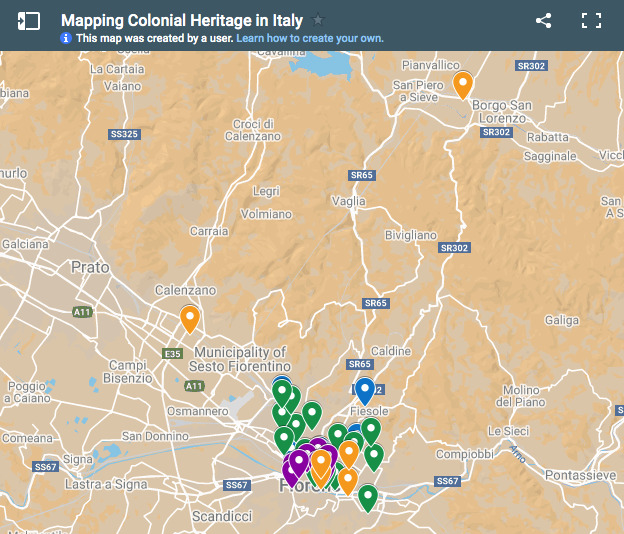
Find out more about the Postcolonial Italy project and take the self-guided tour at
www.postcolonialitaly.com.
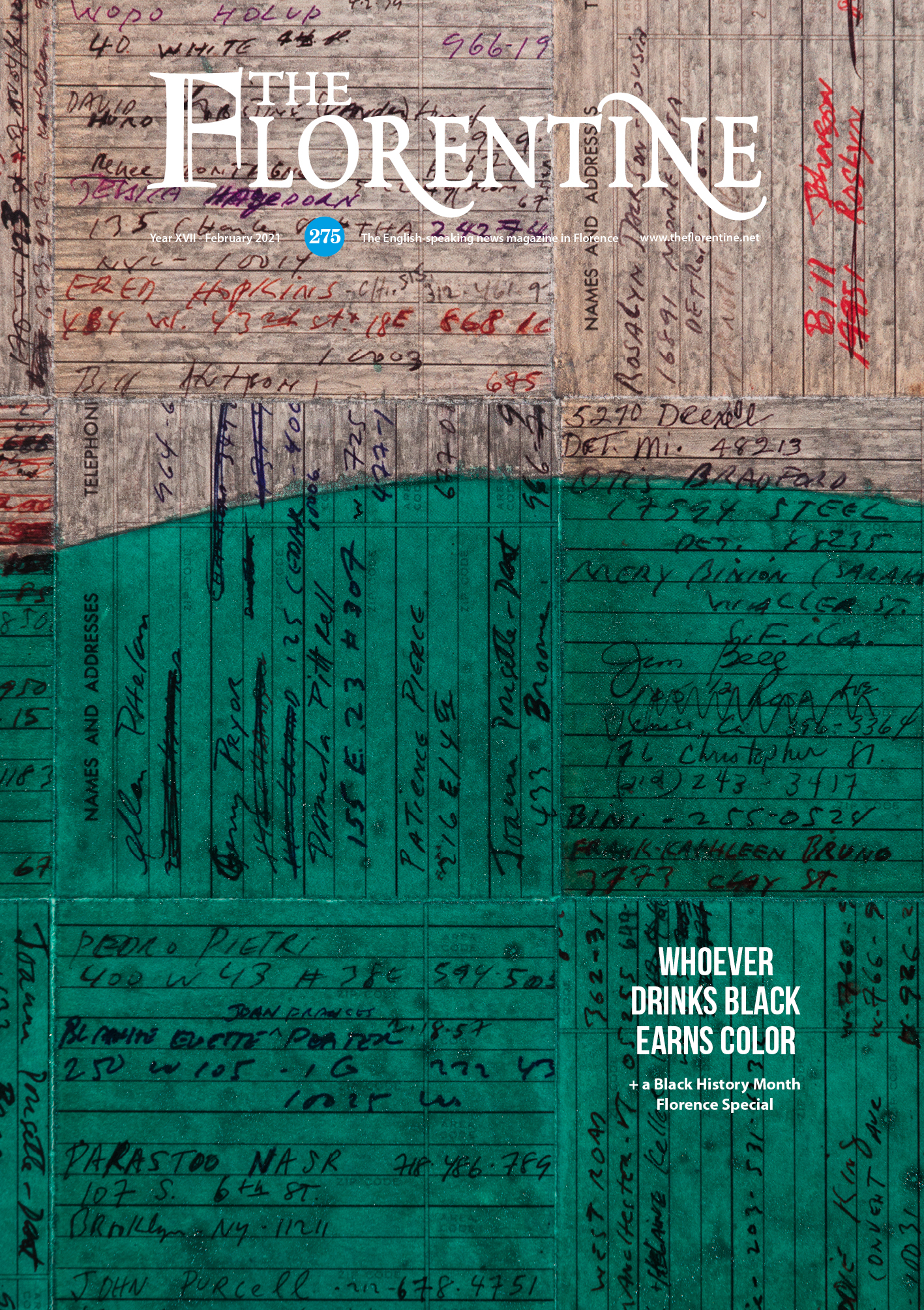
This article was published in Issue 275 of The Florentine: A Black History Month Florence special.


